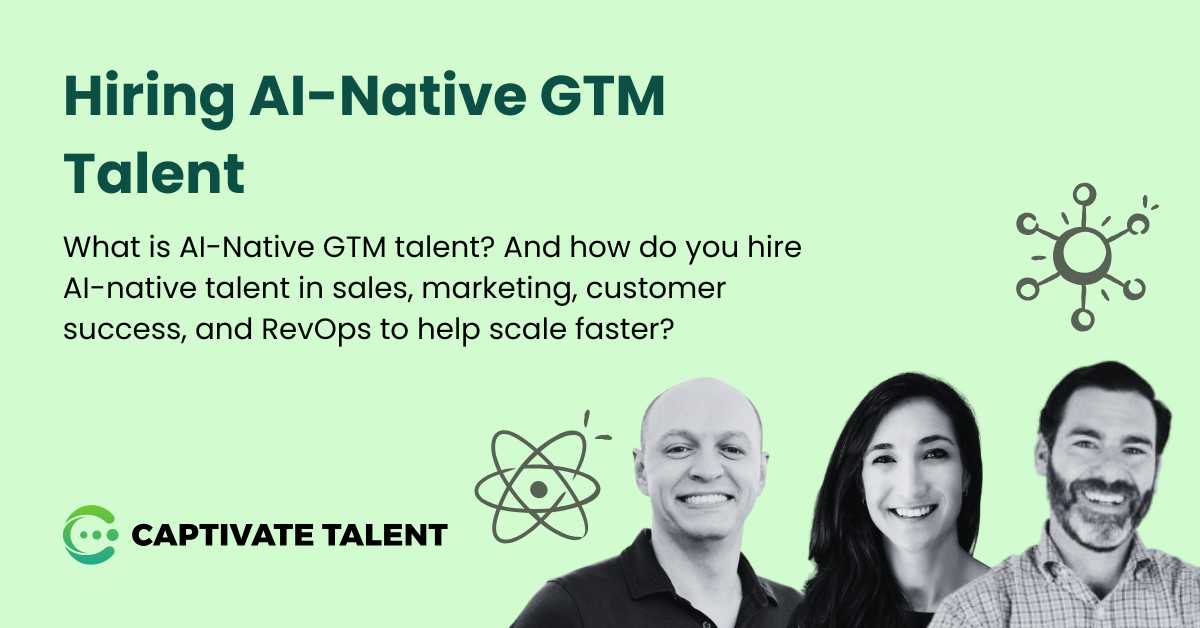Like all recruitment professionals, I’m on the front lines of hearing from candidates following their interviews for a new job. Even after many years in the business, I anxiously await each phone call, optimistic that things went well and I’ve made a good match.
Lately, I don’t like much of what I’m hearing. Some of the all-too-common refrains:
- “I had to wait for the call a half hour past the scheduled interview time.”
- “My interviewer was very distracted, and kept looking at her phone.”
- “They asked me to come in tomorrow morning, I am not sure I can get off work”
- “After my phone interview with the hiring manager, he asked me to do a multi-hour project before I meet anyone in person.”
Interviews are one of several touch points in the broader candidate experience – a hot topic in hiring, because the ability of any company, small or large, to attract and recruit top talent depends on how well it manages the hiring process.
Of all the components of candidate experience, interviews are perhaps the most critical. So critical that Glassdoor.com invites job seekers to rate their interviews (positive, negative or neutral) and has published a “Best Places to Interview” list.
From a candidate’s perspective, a round of interviews is emotional. It’s essentially a first impression of a company and, importantly, of the people with whom they would work most closely.
When candidates take valuable time out of their day – especially if they are missing work at their current job – and are forced to wait a significant amount of time, or are interviewed by someone who is either unprepared or clearly distracted, they are left to ask, “If I work here, will I get the support and respect I need to be successful?”
For growth-stage companies in particular, offering a negative interview experience not only damages reputation (as it will be posted on Glassdoor quickly) but it slows the ability to scale quickly, as finding candidates willing to look past that first impression, in a hot job market, is challenging … and often a company is left to start the recruiting process again.
So much of a negative interview experience is easily preventable, and my advice to companies looking to improve their interview ratings is simple: Stop getting in your own way. More specifically:
- Be human. Look at what you are asking candidates to do from their perspective and ask yourself, “Would I do it?” This is especially true when it comes to being cognizant of someone else’s time. For example, if you were kept waiting at an interview and were in jeopardy of missing an important meeting at your current job, would you stay? If no one was willing to meet you outside of standard business hours, would you feel comfortable continuing with the process? It’s difficult for people to take time to interview — and it’s easy for them to become resentful and disinterested if that time is not respected.
- Examine your company’s interview process. When was the last time you reviewed it? Look at it like a thought leader and determine if it’s still right or needs some changes. Talk to your hiring team about what’s working and what’s not. See my previous blog on the importance of investing in interview training – both ensuring hiring managers have the appropriate interviewing skills and putting the right interview team in place with established roles and responsibilities.
- Check out your interview ratings on Glassdoor. Sadly, a quick glance of various growth-stage companies on Glassdoor shows there is A LOT of room for improvement when it comes to interviews, with numerous small companies showing 70 percent-plus negative ratings. If your negative reviews are 35-40 percent or above, you should be scared – as your company is not only developing a poor reputation but your ability to grow is being hindered by your inability to win over potential talent. You want 60-70 percent of reviews to be positive. I mean, would you eat at a restaurant whose reviews were overwhelmingly negative? Not me.
By doing these simple things – and they really are simple — your ability to scale your headcount, strengthen your reputation and focus on growth will become considerably more in reach. Without these changes, you risk continuing to get in your own way and stifling business goals and progress.
Chris Gannon is the founder of Captivate Talent, a talent solution consultancy that focuses on placing top sales and marketing professionals at growth stage technology organizations. Contact Chris to understand how you can optimize the interview experience and build the best candidate experience possible












